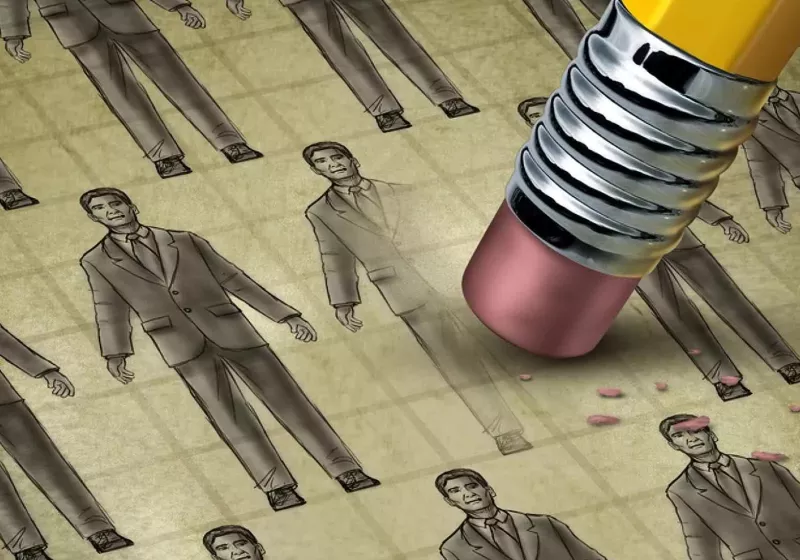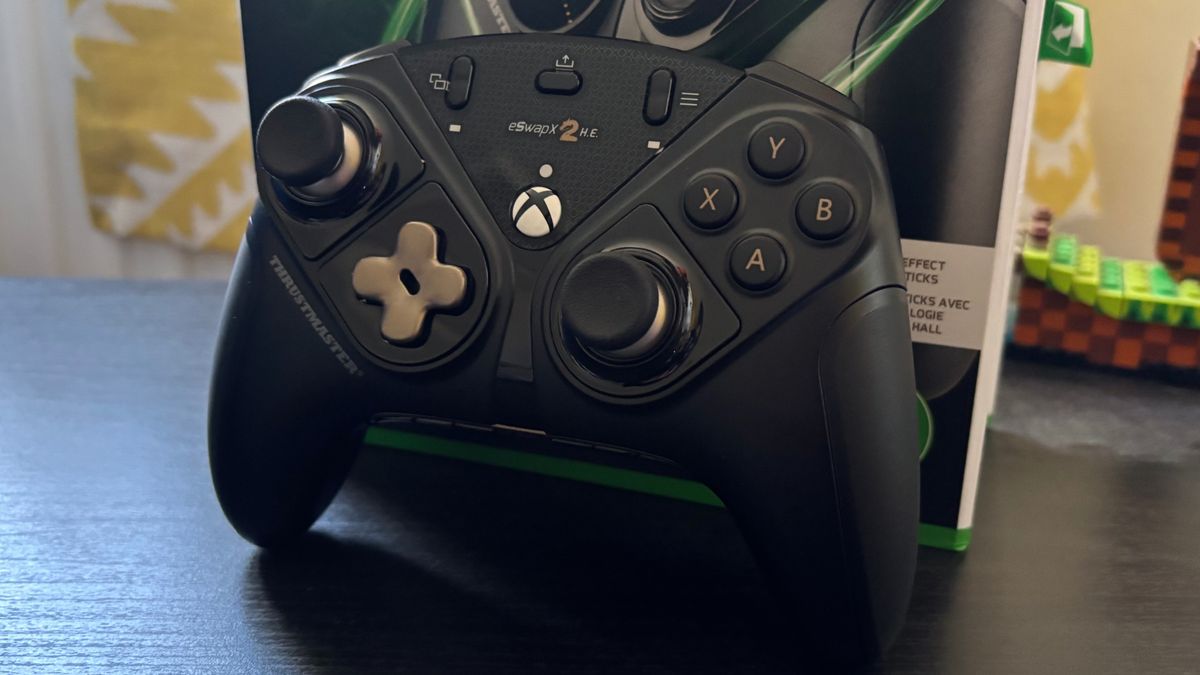“What did Ilya see?” Two years ago, it was the meme seen ‘round the world (or at least ‘round the tech industry). OpenAI CEO Sam Altman had been briefly ousted in November 2023 by members of the company’s board of directors, including his longtime collaborator and fellow cofounder Ilya Sutskever. The board claimed Altman “was not consistently candid in his communications with the board,” undermining their confidence in him. He was out for less than a week before being reinstated after hundreds of employees threatened to resign. But observers wondered: What hadn’t Altman been candid about? And what led Sutskever to turn against him?
Now, new details have come to light in a legal deposition involving Sutskever, part of Musk’s ongoing lawsuit against Altman and OpenAI. For nearly 10 hours on October 1st, bookended by repeated sniping between Musk’s and Sutsever’s attorneys, Sutskever answered questions about the turmoil around Altman’s ouster, from conflicts between executives to short-lived merger talks with Anthropic. He testified that from personal experience and documentation he’d viewed, he’d seen Altman pit high-ranking executives against each other and offer conflicting information about his plans for the company, telling people what they wanted to hear.
The testimony paints a picture of a leader who could be manipulative and chameleon-like in the relentless pursuit of his own agenda — though Sutskever expressed hesitation about his reliance on some of the secondhand accounts later in testimony, saying he “learned the critical importance of firsthand knowledge for matters like this.”
OpenAI did not provide an on-the-record comment by publication time, but after an investigation conducted by the company wrapped up, board chair Bret Taylor said in 2024 that “We have unanimously concluded that Sam and Greg are the right leaders for OpenAI.”
Sutskever co-founded OpenAI with Altman and others after he left Google in 2015, which awarded him a seat on the board and a place in the C-suite as the company’s chief scientist. But by 2023, he’d become a chronicler of dissatisfaction with Altman. In the deposition he said that either one or all three of OpenAI’s independent board members at the time had asked him, after having discussions about executives’ concerns about Altman, to prepare a collection of screenshots and other documentation. So he did — and he sent the 52-page memo to board members Adam D’Angelo, Helen Toner, and Tasha McCauley.
When asked why he didn’t send it to Altman, Sutskever said, “Because I felt that, had he become aware of these discussions, he would just find a way to make them disappear.” He also said that he had been waiting to propose Altman’s removal for “at least a year” before it happened.
Sutskever said he sent a separate memo detailing concerns about OpenAI president Greg Brockman. The memos were sent in the form of disappearing emails, but “various lawyers” have a copy of both, according to the deposition.
The crux of Sutskever’s issues was that Altman “exhibits a consistent pattern of lying, undermining his execs, and pitting his execs against one another.” That’s a quote from the very first page of the memo he sent about Altman, which lawyers read aloud during the deposition.
When it came to “pitting people against each other” at OpenAI, Sutskever’s 52-page memo contained a lot of receipts, though there are limited details in the deposition itself. He said that Altman told both him and Jakub Pachocki, who is now OpenAI’s chief scientist, “conflicting things about the way the company would be run,” setting the two at odds and undermining Sutskever on multiple occasions — though the deposition transcript doesn’t contain the details of what Altman allegedly said.
Another example of this, according to Sutskever, was that Altman didn’t take a firm position when former OpenAI research executive Dario Amodei — who is now CEO of rival Anthropic — wanted to run “all of research at OpenAI” and have Brockman fired. Sutskever said he faulted Altman for “not accepting or rejecting” Amodei’s conditions, implying that Altman was playing both sides of the situation to see which would better come out in his favor.
Sutskever also detailed claims from former OpenAI CTO Mira Murati that Altman had pitted her and Daniela Amodei, then an OpenAI research executive, against each other. There weren’t additional details contained in the deposition, but the rivalry between the Amodeis and certain OpenAI executives is well-documented: Daniela and her brother Dario left OpenAI to co-found Anthropic on the basis of differing values.
Sutskever said in the deposition that Murati had provided him with various screenshots and documentation of conversations, including a text message conversation between Altman and Brockman. He also said Murati had surfaced claims that Altman left his leadership role at Y Combinator for, according to the memo, “similar behaviors. He was creating chaos, starting lots of new projects, pitting people against each other, and thus was not managing YC well.” To Sutskever, this all added up to evidence that Altman couldn’t be trusted to lead the foremost developer of such a powerful technology, and his concerns grew over the course of at least a year.
Y Combinator did not respond to a request for comment by publication time.
At this point, many of Sutskever’s claims don’t come as a surprise. In May 2024, former board member Toner said publicly that Altman had systematically concealed important information about OpenAI. Altman didn’t disclose to the board that he owned the OpenAI startup fund, she alleged, which could have presented a conflict of interest. He allegedly gave “inaccurate information” about the company’s “small number of formal safety processes.” When OpenAI released ChatGPT, she said, the board found out about it for the first time on Twitter.
“For years, Sam had made it really difficult for the board to actually do [its] job by withholding information, misrepresenting things that were happening at the company, in some cases outright lying to the board,” she said. While Altman attempted to explain away individual issues, the breaches of trust piled up.
“All four of us who fired him came to the conclusion that we just couldn’t believe things that Sam was telling us, and that’s just a completely unworkable place to be in as a board — especially a board that is supposed to be providing independent oversight over the company, not just helping the CEO to raise more money.”
Toner mentioned on a podcast appearance that a month before Altman’s ouster, board members had talked with two executives who showed them a range of evidence documenting concerning interactions with Altman, saying that he had created a toxic workplace and that they could not trust him in his role. She didn’t name the two executives at the time, but it stands to reason that the two were Sutskever and Murati. “They used the phrase ‘psychological abuse,’ telling us they didn’t think he was the right person to lead the company to AGI, telling us they had no belief that he could or would change,” Toner said at the time.
The period of chaos after Altman’s removal didn’t improve Sutskever’s opinion of him. According to the deposition, during Altman’s ouster, Anthropic reached out with a proposal to merge with OpenAI and take over leadership of the company.
“I recall Anthropic expressing their excitement about it and expressing the issue — the practical challenges that they would have with it,” Sutskever said, adding that the discussions were brief and that the merger didn’t move forward due to the practical challenges. He said that both Dario and Daniela Amodei were on the call. Toner weighed in on the matter on X earlier this week, noting that the proposal was only on the table for a brief period.
After Altman’s ouster, not only did the makeup of the board transform with exits and new additions, but also, certain executive relationships seemed strained at best. Sutskever technically remained an employee of the company for six months but seemed not to have a significant role; he then left to start his own rival company, Safe Superintelligence (SSI). A few months after Sutskever’s departure, Murati left as well, later announcing her own rival AI startup, Thinking Machines Lab. On the same day as Murati’s exit, Bob McGrew, the company’s chief research officer, and Barret Zoph, its vice president of research, also departed. McGrew was one of the people Sutskever named in his memo, suggesting it would be beneficial for the board to speak with him about Altman’s concerning behavior.
In his deposition, Sutskever said he hadn’t spoken with Altman in 10-12 months and hadn’t spoken with Brockman in 15 months or so, but that he believed OpenAI was likely paying his legal fees — Sutskever said he wasn’t sure who was paying them, as he hadn’t received any kind of bill, but that “I don’t know who else it would be.” He also said he retained a financial interest in OpenAI and that the value of it had increased since he left.
The amount of money at stake here, as well as the legal fees changing hands in such a drawn-out lawsuit, means that we’ll likely see more depositions made public with more information about the way Altman ran OpenAI before his ouster. Sutskever’s own deposition raised just as many questions as it did provide answers, especially with multiple parts missing from the record or having been redacted. But it’s a window into one of the most dramatic leadership changes in modern-day tech — and into the psychology of the people at the helm of one of the most powerful companies in the world today.
Near the end of his testimony, Sutskever was asked to confirm whether he thought OpenAI employees would be happy about Altman’s ouster.
“I had not expected them to cheer,” he said. “But I [had] not expected them to feel strongly either way.”
Follow topics and authors from this story to see more like this in your personalized homepage feed and to receive email updates.

 7 hours ago
5
7 hours ago
5










 English (US) ·
English (US) ·